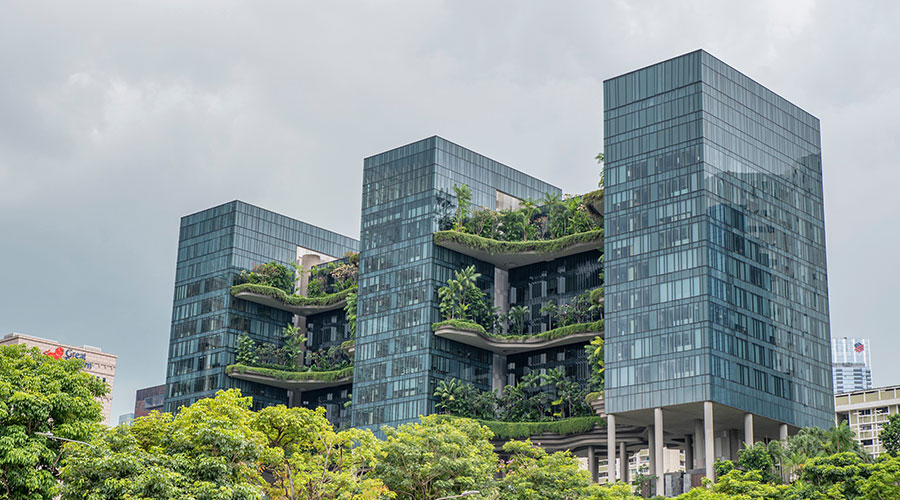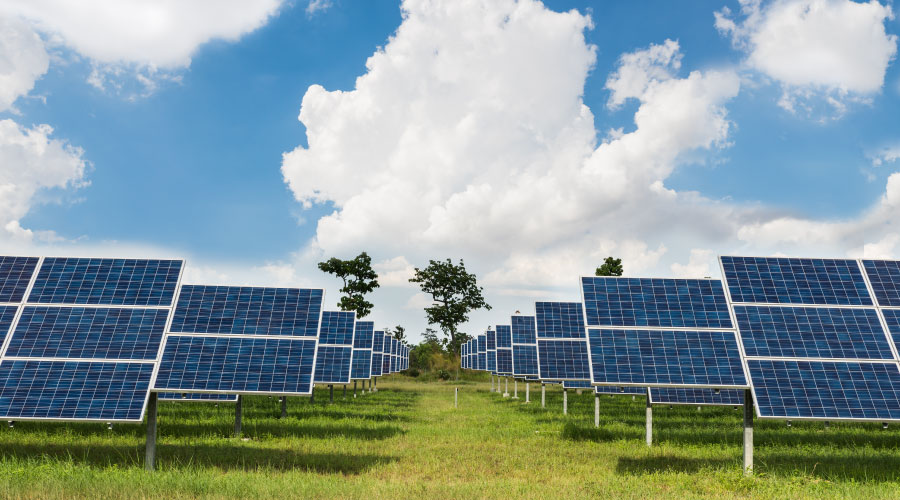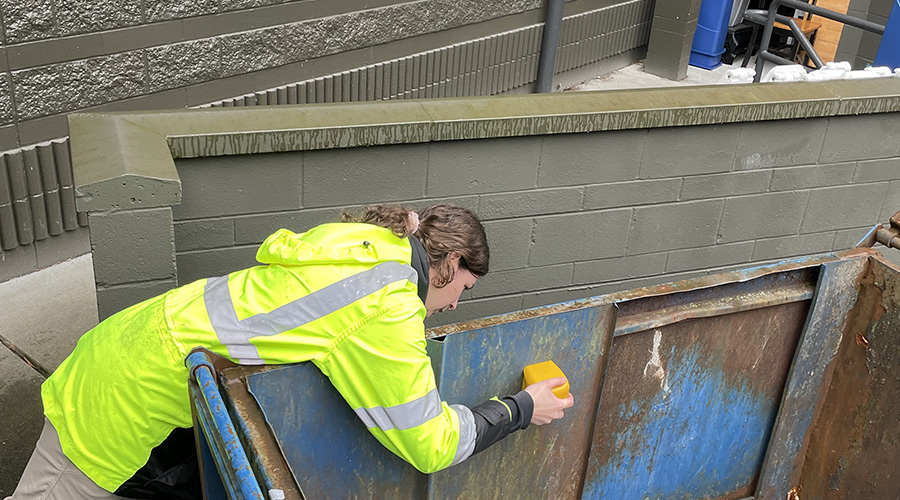U.S. Green Building Council Proposes LEED Requirement to Slash Carbon Dioxide Emissions
The U.S. Green Building Coucnil's LEED Steering Committee has announced a series of proposals that would dramatically reduce the amount of Carbon Dioxide emitted by buildings registered under the Leadership in Energy and Environmental Design (LEED) program.
The U.S. Green Building Coucnil's LEED Steering Committee has announced a series of proposals that would dramatically reduce the amount of Carbon Dioxide emitted by buildings registered under the Leadership in Energy and Environmental Design (LEED) program.
The most significant change would require all new commercial LEED projects in 2007 to be required to reduce CO2 emissions 50 percent compared to current emission levels.
USGBC says that the reductions can be achieved by looking at all four of the categories that can lessen a building’s carbon footprint – energy, water, transportation and materials.
This proposal will go to the USGBC membership for ballot in December before it can become effective. USGBC expects to develop a similar recommendation for residential and neighborhood markets.
Another change would require all commercial LEED projects to achieve at least two energy and optimization credits.
As part of the changes, USGBC aims to develop a carbon dioxide offset program that relies on the verified performance data from LEED projects. To implment the program, USGBC says it will develop metrics to track and quantify CO2 emissions and reductions from LEED projects.
Other changes include a proposal to offer a rebate of certification fees for any building that achieves LEED platinum status – the highest level of LEED certification.
A final proposal would take all projects certfried under LEED for new construction and LEED for existing buildings and register the projects for LEED for existing buildings, a move USGBC says is aimed at creating an incentive for continuous improvement.
Related Topics:











